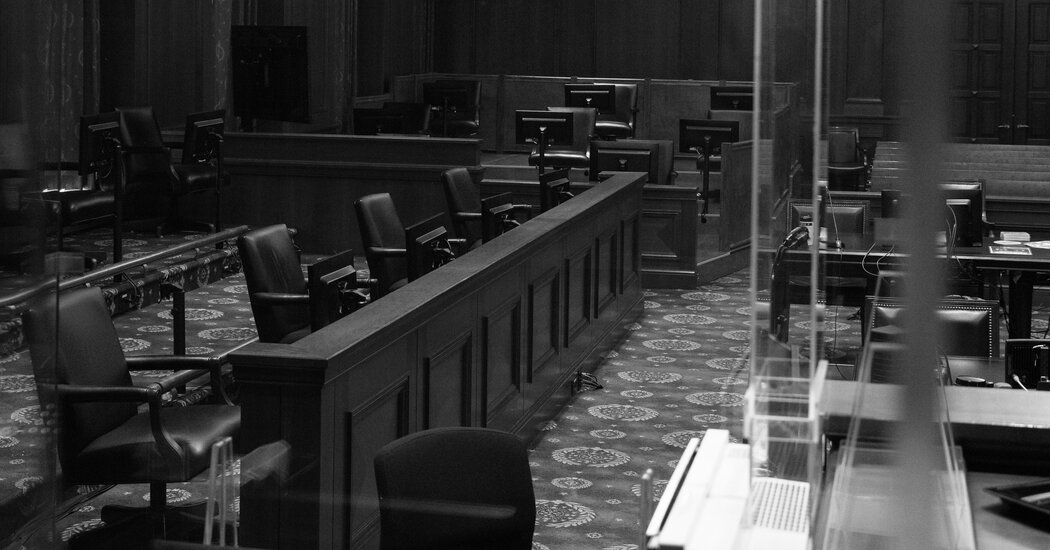But with time, as new economic opportunities in trade and in finance led to the accumulation of fortunes of unprecedented size, the increased presence of extremely wealthy individuals within the community could no longer be dismissed as an anomaly. From the 15th century, and beginning with the most economically developed areas of Europe such as central-northern Italy, the rich were assigned a specific social role: to act as private reserves of money into which the community could tap in times of dire need.
Nobody made this point better than the Tuscan humanist Poggio Bracciolini. In his treatise “De avaritia” (“On avarice”), completed in 1428, he argued that cities that follow the tradition of instituting public granaries to build up food reserves should also be well provided of “many greedy individuals, in order … to constitute a kind of private barn of money able to be of assistance to everybody.”
There is abundant historical evidence that for centuries, across the West, the rich have dutifully fulfilled their role of “barns of money” in a variety of ways, which included accepting to pay exceptional taxes during crises or to provide loans to governments. Often, in early modern times, these were technically “forced” loans to ruling authorities, although the fact that they were not a prerogative of absolute monarchies but were also required, usually in wartime, by republican governments such as that of Venice should make us wary of considering them the mere expression of an arbitrary power. Indeed, the rich merchants who were the main “victims” of forced loans were also the rulers of patrician republics and understood they were contributing their private resources to the public good. For example, forced loans were imposed by Venice upon its richest citizens after the terrible plague of 1630 as well as to fund an exhausting war with the Ottoman Empire during 1645-69, although on both occasions the republic was able to raise much greater amounts from its own patricians by means of voluntary loans.
This is not altogether different from the patriotism with which many among the rich subscribed to various emergency loans during the World Wars, such as the Liberty Bonds issued in the United States in 1917-18 to contribute to funding the Allied war effort. These loans proved to be a poor investment, as the interest tended to become negative in real terms because of hyperinflation. But in the 20th century as in the 17th, the boundary between free choice and constriction was blurred, as governments welcomed any opportunity to increase the social pressure on those reluctant to contribute. Sometimes they went even further: In Britain in 1917 the chancellor of the Exchequer explicitly threatened the nation’s financiers with confiscation of company assets unless specified minimum amounts of capital were raised by a new, “voluntary” War Loan.
In the 20th century, the real novelty in how the rich were required to step up their wartime contribution was the expansion of progressive taxation, with substantial increases in the top rates of the personal income tax (in the United States the historical maximum was reached in 1944-45, at 94 percent for incomes over $200,000) and of estate or inheritance taxes. Of course, historically, wars provide the best possible motivation to ask citizens to contribute more: either with their blood or with their cash. But in the 20th century, also during peacetime economic crises, most notably the Great Depression of the 1930s, the rich were expected to contribute considerably more than the general population to foot the bill of public action. For example, this was explicit in the fiscal package introduced in the United States as part of Franklin Roosevelt’s New Deal.




